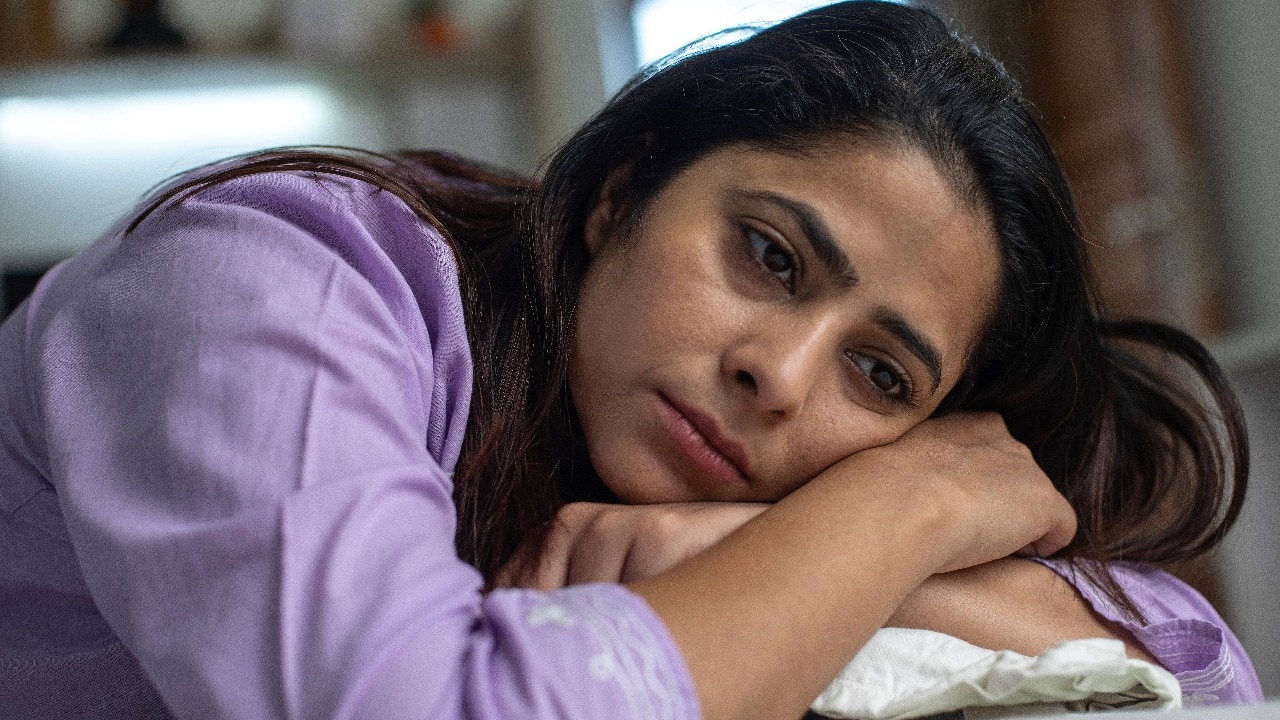Health
Urban Women Face Rising Anemia Crisis Amid Diet Changes

Anemia, a condition characterized by a deficiency of healthy red blood cells, is increasingly affecting urban women in India. Traditionally viewed as a rural health issue linked to poor nutrition and labor-intensive lifestyles, recent trends show that over half of women aged 15 to 49 are now anemic in cities. According to the National Family Health Survey (NFHS-5), conducted from 2019 to 2021, an alarming 57% of Indian women in this age group are affected, compared to just 25% of men.
The rising incidence of anemia among urban women can be attributed to a combination of factors, including dietary changes and lifestyle shifts. While iron deficiency is a common cause of anemia, recent research from the Indian Council of Medical Research (ICMR) and Banaras Hindu University (BHU) indicates that other deficiencies, such as folate and vitamin B12, alongside health issues like infections and chronic diseases, significantly contribute to the condition.
Dr. Mukta Agarwal, a consultant in internal medicine at Manipal Hospital in Ghaziabad, highlights the persistent anemia among women, which continues despite government supplementation programs. She cites poor nutrition, limited access to iron-rich foods, and cultural practices that prioritize family health over personal well-being as critical barriers. Urban women, despite having better access to medical facilities, often face challenges due to increased consumption of processed foods, hectic work schedules, and a reduced intake of fresh, nutrient-dense meals.
Understanding the Broader Context
Anemia is not merely a health issue; it reflects deeper social inequalities. Poonam Muttreja, Executive Director of the Population Foundation of India, notes that many women in households eat last and least, with limited control over their health decisions. She emphasizes that these gendered disadvantages are often compounded by factors such as caste, tribal identity, and economic marginalization, affecting women in both urban and rural settings.
Changing cooking methods also play a role in this crisis. Traditional iron pots that enriched food with trace minerals have largely been replaced by aluminum and stainless steel, which do not offer the same benefits. Additionally, poor sanitation and a high burden of infections further hinder the body’s ability to absorb iron. These interconnected challenges must be addressed to effectively combat anemia in urban areas.
India is facing a “double burden” of malnutrition, where undernutrition and deficiencies coexist with obesity and diet-related diseases. This duality complicates efforts to improve overall health outcomes and highlights the urgent need for nutritional interventions.
The Impact of Anemia on Health and Pregnancy
The consequences of anemia extend beyond fatigue and weakness. It can lead to chronic fatigue, shortness of breath, and frequent infections, significantly impacting productivity and mental focus for working women. For pregnant women, the stakes are even higher, with increased risks of preterm birth, low birth weight, and maternal mortality. Dr. Agarwal warns that poor nutrition and limited access to healthcare can exacerbate these risks, posing serious threats to both mothers and infants.
Recent data from the Household Consumption Expenditure Survey (2022-2023) reveals a concerning trend: Indians are allocating a smaller portion of their budgets to food. This shift towards cheaper, processed alternatives over nutrient-rich options like fruits, vegetables, and meats further exacerbates the anemia crisis.
Addressing anemia requires a multifaceted approach that includes medical, nutritional, and policy-level changes. Shifting cultural attitudes is essential, as recognizing the symptoms of anemia—such as fatigue, weakness, and dizziness—can prompt women to seek medical attention earlier.
Anemia significantly affects women’s work performance and concentration, ultimately reducing productivity. Given its ranking as a major contributor to maternal mortality, anemia needs to be considered in routine health check-ups. Early education about iron and other nutrient deficiencies, along with empowering women to prioritize their health, is crucial for the well-being of future generations.
In conclusion, combating anemia among urban women in India demands urgent action that not only addresses nutritional deficiencies but also tackles the underlying social inequalities that contribute to this growing health crisis.
-

 World5 months ago
World5 months agoSBI Announces QIP Floor Price at ₹811.05 Per Share
-

 Lifestyle5 months ago
Lifestyle5 months agoCept Unveils ₹3.1 Crore Urban Mobility Plan for Sustainable Growth
-

 Science4 months ago
Science4 months agoNew Blood Group Discovered in South Indian Woman at Rotary Centre
-

 World5 months ago
World5 months agoTorrential Rains Cause Flash Flooding in New York and New Jersey
-

 Top Stories5 months ago
Top Stories5 months agoKonkani Cultural Organisation to Host Pearl Jubilee in Abu Dhabi
-

 Sports4 months ago
Sports4 months agoBroad Advocates for Bowling Change Ahead of Final Test Against India
-

 Science5 months ago
Science5 months agoNothing Headphone 1 Review: A Bold Contender in Audio Design
-

 Top Stories5 months ago
Top Stories5 months agoAir India Crash Investigation Highlights Boeing Fuel Switch Concerns
-

 Business5 months ago
Business5 months agoIndian Stock Market Rebounds: Sensex and Nifty Rise After Four-Day Decline
-

 Sports4 months ago
Sports4 months agoCristian Totti Retires at 19: Pressure of Fame Takes Toll
-

 Politics5 months ago
Politics5 months agoAbandoned Doberman Finds New Home After Journey to Prague
-

 Top Stories5 months ago
Top Stories5 months agoPatna Bank Manager Abhishek Varun Found Dead in Well









